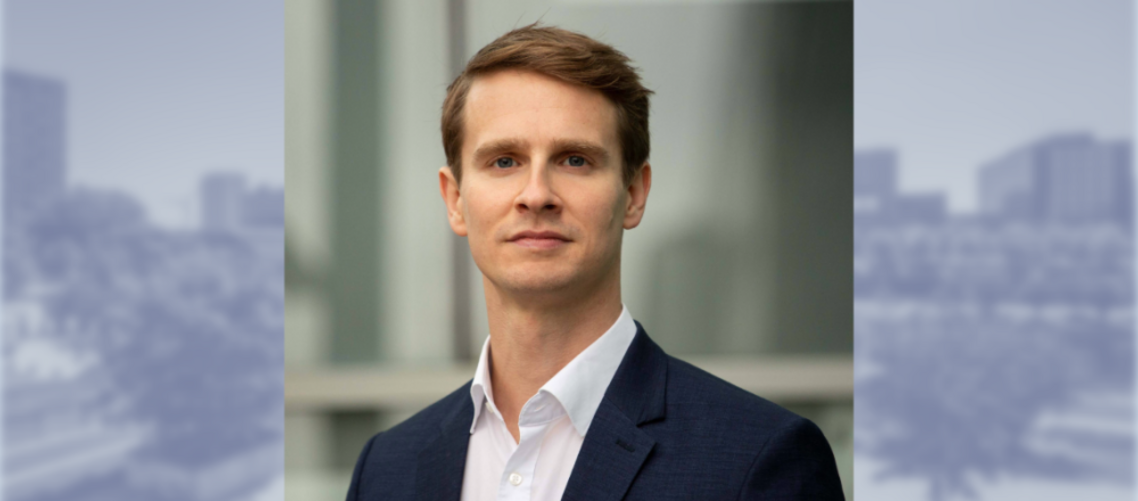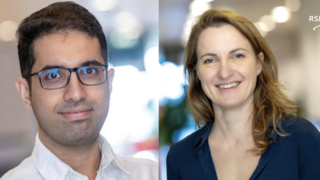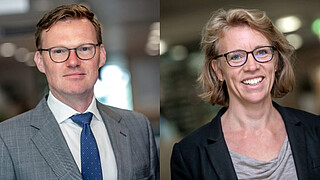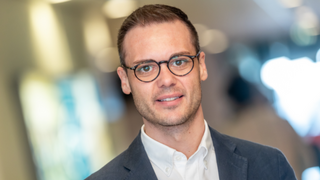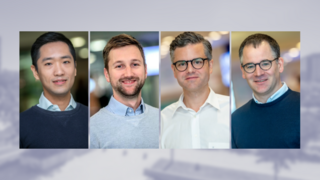The results of Dr Sabel’s research won’t be just a ‘nice to know’ – there are real economic hardships in regions that rely heavily on foreign investment when these tensions happen. “Businesses are very cautious about their investments, and it makes policymakers wonder how they can credibly attract foreign investment – particularly given the current tensions between the US and China, and between Russia and the Western world,” he commented.
Three questions
To find answers, Dr Sabel hopes to be able to appoint a research assistant to help run three interconnected projects.
The first part of the project aims to get to the bottom of how geopolitical tensions become multilateral. It will be a search of existing business and economics research literature to establish the current understanding of both sides of two-sided geopolitical tensions. Researchers will be looking out for the situations that create a negative effect for third, non-involved countries or regions when tensions develop between two countries or two sides.
In the second part of the project, the researchers will look for evidence that shows that when connections between businesses and national policymakers already exist, then there are increases in foreign investments during geopolitical tensions. They hope to prove that countries’ political connections to multinational policymakers – like policymakers in the EU for example – increase foreign businesses’ investments for both parties.
The final part of the project is a search for evidence that nationalism within a country has been one of the causes of recent geopolitical tensions and reductions in foreign investment. Researchers will look for evidence that municipal nationalism – focused on a specific city, town, or municipality – is equally responsible for exacerbating geopolitical tensions, and therefore one of the contributing factors to reductions in foreign investment.
Who benefits?
“The three parts of my Veni project aim to change the way policy makers and academics think about geopolitical tensions and the mitigating activities of multinational policymakers as well as municipal policymakers,” said Dr Sabel. “The three-year project actually contributes to several of the UN’s priorities such as Sustainable Development Goal 8, fostering economic growth; inclusive and sustainable industrialisation in SDG 9; and effective, accountable inclusive institutions at all levels in SDG 16.”
Veni grants
The NWO’s Veni grants are part of the NWO Talent Programme. They allow researchers who have recently obtained their PhDs to conduct independent research and develop their ideas for a period of three years. The Veni grant is intended to finance academically innovative research and to give these researchers the opportunity to develop themselves as independent researchers.
